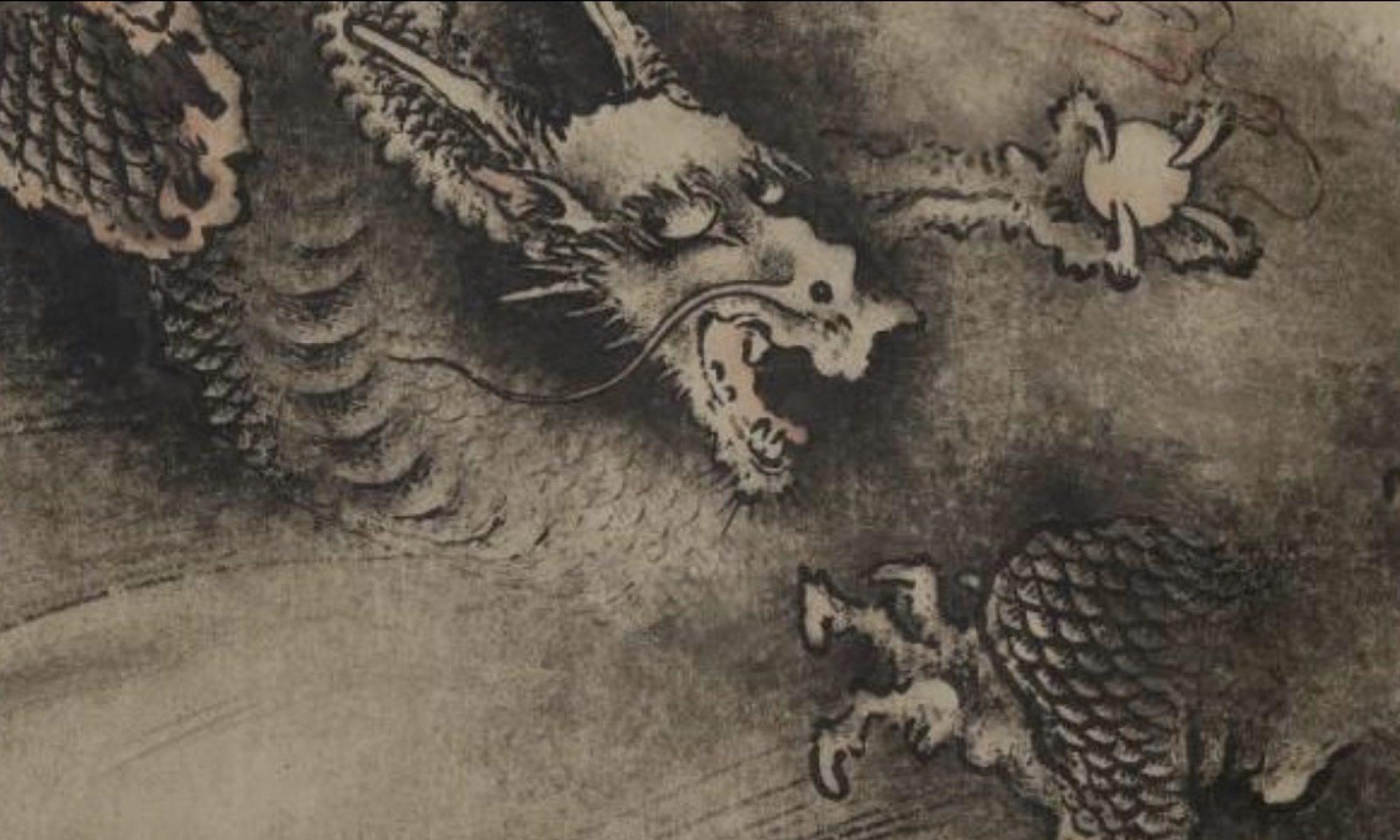Where is all the anti-matter?
https://arxiv.org/abs/1407.4818
Words
Years ago (counted in moons, it’s many), being a borderline voracious reader, and as a consequence often encountering words with which I had a marginal familiarity – or none – I began collecting those words, and their definitions, in a notebook, which I name my Dixonary, the idea being that I might use them myself in my own writings. Looking over this Dixonary all these years later, a goodly percentage of its collected words no longer perplex me. I am confident in their usage, and have almost certainly employed them to good effect as time went by. But some words still perplex me. For example, opening the book at random, I encounter the word “inspissate” (to thicken, as by evaporation). I have no idea where I might have encountered this word in my reading, but I feel confident that I only encountered it once.
Consequently, the words in my Dixonary can be divided into two broad classes: those that I use or might use, many of which will please me inordinately in so doing; and those that make me wonder what the author was thinking in using the particular word, a word I suspect very few readers will be familiar with. These latter words I do not use, for what is the point, other than showing off? If my readers will have no clue what I am on about, because they have to turn to google to make sense of it, then … really!
My first encounter with an unusable word, as I deemed it, was “hebetude” (an absence of mental alertness or physical sensitivity). In my Dixonary, not surprisingly, this is the first word in the H’s. I encountered this word in The Chronicles of Thomas Covenant, the Unbeliever (by S.R. Donaldson), a series of books I read in my early 20s. Perhaps I misunderstood the central premise, but it was my understanding that Thomas somehow became embroiled in the affairs of another world, and was destined to be its savior, but only – and here is the nub – if he never believes he is the vaunted savior. At the time, imbued with more than my fair share of the self-importance of youth, I identified strongly with Thomas.
Yeah, so, anyway, there was this word, “hebetude”, which I’d never before encountered, and have not encountered a second time in the 50 or so years since. What should I do with this knowledge? The author of the sci fi book series liberally sprinkled his text with words of some obscurity. It was a trifle annoying. I decided the wise move was to avoid using words of similar ilk, unless they really really pleased me.
Phrases
By that point in my life I had discovered P.G. Wodehouse, and although I do not read him much anymore, if asked on my deathbed who was my favorite author, I might spew forth with some spicy invective in response to the query, but in my head I’d be thinking, “Wodehouse, with no close second.” Donaldson was, in my opinion, priggishly proud of his education and vocabulary. Wodehouse, whose fine English education gave him a similarly highfalutin command of individual words – which he never abused – had also an unsurpassed command of something much more powerful and entertaining than mere words. Wodehouse was a master of phrases, word combinations that always made me giddy with intellectual glee.
At some point I realized that a Dixonary, while useful, was insufficient on its own, and I added a new section of phrases, most – if not all – drawn from the writings of Wodehouse. (I should add that I own over 70 Wodehouse titles, many of which I’ve read multiple times; this makes my memory of a former sister-in-law, who wondered how many books I’d read in my life, which she guessed would be around 50 … and, yeah, um, that memory was an eye opener.)
Many of the phrases P.G. employed, which pleased me so much, and which he applied in surprisingly delightful ways, were not devised by him, but arose from his English education. For example,
“convey with look and gesture”
“come to realize in the fulness of time”
“cut off from the exercise of certain qualities”
“imperil the cordial relations existing between”
“hebetude” (just kidding)
Books
You know, I seem to remember prattling on like this on this very same subject at sometime in the not too remote past. Well well. I recently turned 74, a perfectly adequate excuse, but then, even at 34 I would occasionally astound my listeners with a story with which they had some familiarity due to my having told it to them in the past. But that’s not a problem here, for I doubt I anymore have listeners, or readers, of my drivel. So I’ll finish with a Wodehouse quote of a type that fills my spirit with sunshine, but will doubtless leave you entirely unmoved, even if you were there … which you are not.
“As a rule, you see, I’m not lugged into Family Rows. On the occasions when Aunt is calling Aunt like mastodons bellowing across premieval swamps and Uncle James’s letter about Cousin Mabel’s peculiar behaviour is being shot round the family circle (‘Please read this carefully and send it on Jane’) the clan has a tendency to ignore me. It’s one of the advantages I get from being a bachelor – and, according to my nearest and dearest, practically a half-witted bachelor at that.”


